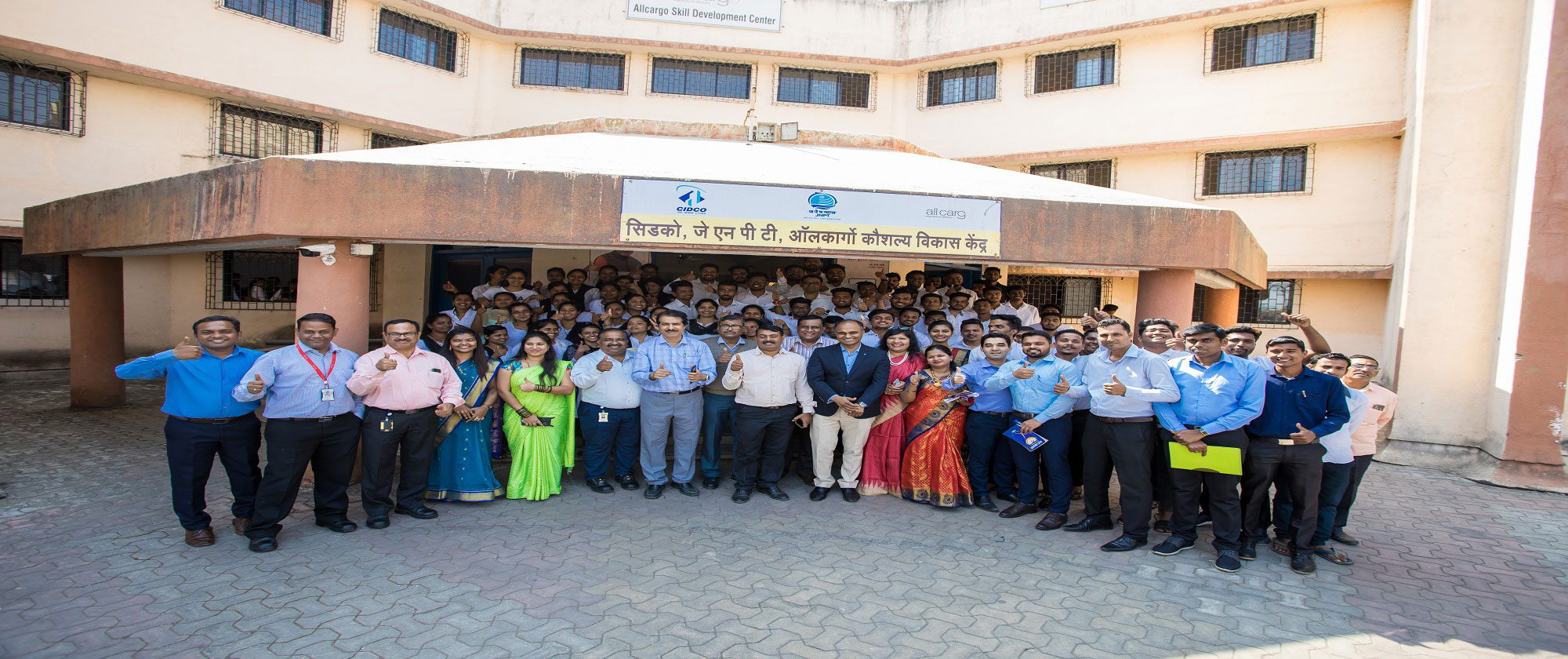As the logistics industry evolves and becomes more organised, attracting billions of dollars in its upgradation, companies finding millions of people to manage rapidly growing businesses is a key business imperative.
Over the past couple of years, India’s logistics industry has been on a fast growth path. In 2017, the sector earned ‘infrastructure’ status and has seen over USD 7 billion in investments committed to its expansion. In this time, the central and state governments have committed to recasting the profile of this sector, substantially hiking investments in road and rail networks, industrial corridors, inland waterways and ports and multi-modal logistics parks.
The onset of GST has only accelerated the formalisation of an industry that has been hitherto disorganised and disaggregated. A study by the India Brand Equity Foundation (IBEF) expects annual investments in the logistics sector to reach USD 500 billion by 2025. Between 2018 and 2020, the warehousing segment alone is poised to receive INR 50,000 crore in investments.
People power
People will be a key pillar of this evolution—a TeamLease report highlights the employment potential in this sector. According to the report, the logistics industry will create employment for at least three million people by 2022, with the road freight industry alone contributing nearly two-thirds of this demand—or 1.9 million jobs. In all, the sector is likely to employ, conservatively, at least 13.9 million, from the current 10.9 million, the report estimates.
“Pro-industry reforms and policy interventions have placed Indian logistics on an exponential growth path,” says Adarsh Hegde, Joint Managing Director, Allcargo Logistics. “To sustain this rapid growth, it is vital to bolster the talent pool for this rapidly growing industry with requisite sector-specific skills. As this sector goes from strength to strength, we need to consider how and where we can find the armies of drivers, consignment booking assistants, consignment tracking executives, inventory clerks, documentation assistants and warehouse pickers/packers who will keep our business humming,” he continues.
As things stand, India’s logistics industry faces a significant challenge in meeting these daunting people requirements. Across the industry and outside, there are not enough people to meet this burgeoning demand. It is incumbent upon all players in the industry to pitch in and build a robust pool of talent to drive and sustain this sector’s growth. We must invest in spotting talent and enabling them to be industry-ready with the latest skills to bridge this demand-supply gap in the logistics industry.
At a crossroads
The logistics industry in India is then at a talent crossroads. For years, the sector operated on the margins as a poorly organised industry attracting people who viewed this as a last-gasp employment opportunity. However, as the sector has gotten organised, the jobs scenario too has been recast.
As outdated manual processes have steadily disappeared and technology and automation has taken centre stage, the time has come to empower companies in the industry with the right talent to power an industry in the throes of transformation. Outdated pen and paper processes for documentation are replaced by e-tariffs and e-way bills, fuzzy old world word-of-mouth marketing has been displaced by new digital offerings and companies need to keep up or risk getting left behind.
The Allcargo edge
We, at Allcargo Logistics, want to help bridge this skill gap. Located at Bokadvira, Uran near JNPT, Navi Mumbai we run a 45,000 sq. ft. Multi-Skill Development Centre in collaboration with JNPT and CIDCO. It is a state-of-the-art facility with a standalone G+2 structure comprising 40 rooms. This unit is located along the 40 ft. Panvel – Uran road and offers cutting-edge infrastructure for classrooms and training laboratories measuring over 400 sq. ft. Trainers at the centre are Logistics Skill Council (LSC) ToT (Train the Trainers) certified.
The centre operates under the Pradhan Mantri Kaushal Kendra (PMKK) model and Pradhan Mantri Kaushal Vikas Yojana (PMKVY) flagship scheme of the Union Government’s Ministry of Skill Development and Entrepreneurship (MSDE). It has recently been accredited with the 5-star category by the National Skill Development Corporation (NSDC). The 5-star category is the top status for a Skill Development Centre as per the current accreditation norms.
As part of Allcargo’s Corporate Social Responsibility (CSR) effort, this centre enables underprivileged youth in the vicinity to boost their employability through training related to logistics operations such as consignment booking, documentation and warehousing management. Over 300 students have completed training and new batches have already started. “With these new sessions, we aim to impart relevant skills to the students for all the port-related activities. As the technology and automation system is advancing, there is a need to update ourselves with new and improved working techniques to cope up with the changing times. There is a huge scope for these programmes as there are various projects like airport and road construction projects which require relevant skilled resources from the logistics sector,” said Sanjay Sethi, Chairman, JNPT, while commending Allcargo for the effort.
The centre also opens up avenues for organisations across the logistics ecosystem to recruit skilled, trained and industry-ready candidates to boost their logistics operations and also contribute their bit to social welfare.
Quick Bytes
1
India’s logistics industry has attracted significant investments and is modernising.
2
The industry faces an acute talent shortage as it becomes organised and sheds its manual paper-intensive ways.
3
Through its Multi-Skill Development Centre, run in collaboration with JNPT and CIDCO, Allcargo is working to bridge this skill gap and also aid social welfare and community development.
4
The centre has been accredited with a 5-star grading by the National Skill Development Corporation (NSDC), the highest rating possible for any centre.
5
Companies that require employable and trained talent to run their burgeoning businesses can now recruit skilled candidates and also do their bit for society.
